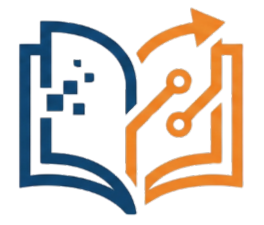When IT Pros Admit “We Had No Idea”: Embracing Uncertainty in Support
In the ever-changing world of IT support, even the most seasoned professionals regularly face problems they’ve never seen before. A public thread on r/sysadmin titled “We had no idea…” lays bare this universal truth: as the original poster confesses, “You’re an idiot… you actually have no idea what Fill in the blank actually is or does” (u/Paintrain8284). Instead of hiding these gaps, the community shows that embracing uncertainty can strengthen teams and improve service.
A cornerstone of modern troubleshooting is the art of the web search. As one veteran IT manager admits, “I google half the shit my users submit tickets for” (u/reserved_seating). Whether you’re hunting down an obscure error code or tracking down a buried menu option, the ability to craft precise queries and judge the reliability of results is as vital as any script or console command.
Equally impactful is the willingness to admit when you don’t know something. Rather than bluffing, many technicians rely on the simple but powerful phrase: “I don’t know yet, but I’ll find out.” This honesty builds trust with users and colleagues, turning each support request into a collaborative search for answers. By modeling this behavior, senior staff empower junior teammates to ask questions and share discoveries without fear of judgment.
Keeping track of every request is essential. As another commenter advises, “Send me a ticket so I don’t forget” (u/Jeff-IT). Formalizing issues in a ticketing system or even a straightforward to-do list ensures nothing slips through the cracks. It also helps teams prioritize work—tackling a critical security patch first, for example, before addressing less urgent desktop tweaks.
Collaboration through live troubleshooting sessions further demystifies complex problems. Multiple contributors recommend quick screen-shares to walk users through hidden settings in real time. This hands-on approach resolves the immediate issue and equips end users to handle similar tasks on their own later.
Automation and AI assistants are also becoming indispensable. Simple scripts can batch-reset passwords or deploy patches in seconds, while AI tools can draft configuration snippets or suggest troubleshooting steps. Although some warn that “AI has no clue what it’s doing” (u/libertyprivate), many find that these helpers accelerate routine tasks, leaving technicians free to focus on the novel and challenging issues that demand human judgment.
In a field defined by rapid change, true expertise lies not in knowing every detail, but in knowing how to find reliable answers, admitting when you don’t know, and leveraging both human collaboration and smart automation. By turning uncertainty into an engine for collective learning, IT professionals remain agile, responsive, and ready for whatever comes next.
Source: u/Paintrain8284 et al., “We had no idea…,” r/sysadmin, June 2025.

